Bat & Your Health
What you need to know about bats, disease, and your health.
Rabies
The most common public health concern with bats is rabies, a neurotropic virus spread by animal bites that causes brain inflammation and death. Very few bats in healthy populations have rabies and bats are not "carriers" of rabies - spreading the disease without being harmed themselves. All mammals contract rabies when bitten by another infected animal. Studies indicate that about 1/10th of one percent of a wild bat population may be infected with the disease.
Rabies is not something to take chances with. Wild animals should not be approached or touched. Whenever an animal is acting strangely, it should be avoided. If a wild animal allows you to approach it, something is wrong. Bats should never be handled without protection from bites. Any possible exposure should be discussed with your personal physician immediately. Post exposure shots can be given to protect a person from developing the disease if they are administered before the symptoms of rabies appear.
Histoplasmosis
Histoplasmosis are fungal spores which are usually inhaled from aerosolized bird or bat droppings in a closed space and cause respiratory symptoms similar to those of the flu or pneumonia. The fungus is only found in certain areas of the United States and is not as big a concern for public health as rabies. The primary areas where the fungus occurs are the Ohio, Mississippi and Rio Grande River valleys, the Southeastern states and the Central Valley of California. The fungus is not considered a public health threat in Washington state.
Teach children not to approach or handle any wildlife, and keep pets up to date on rabies vaccines to keep yourselves and our wildlife safe!
Learn about shots to prevent rabies.
Read the Washington State Department of Health Fact Sheet on Rabies.
Contact your local Health Department with concerns.
Being near wild bats does not expose you to risk. Having bat houses nearby, observing bats flying overhead, or living near a known roost will not endanger you or your family.

